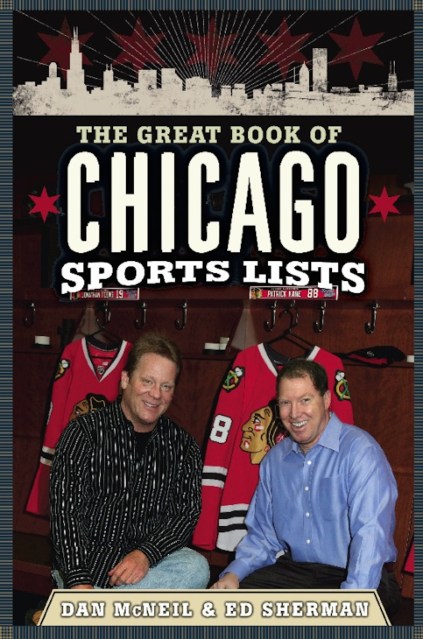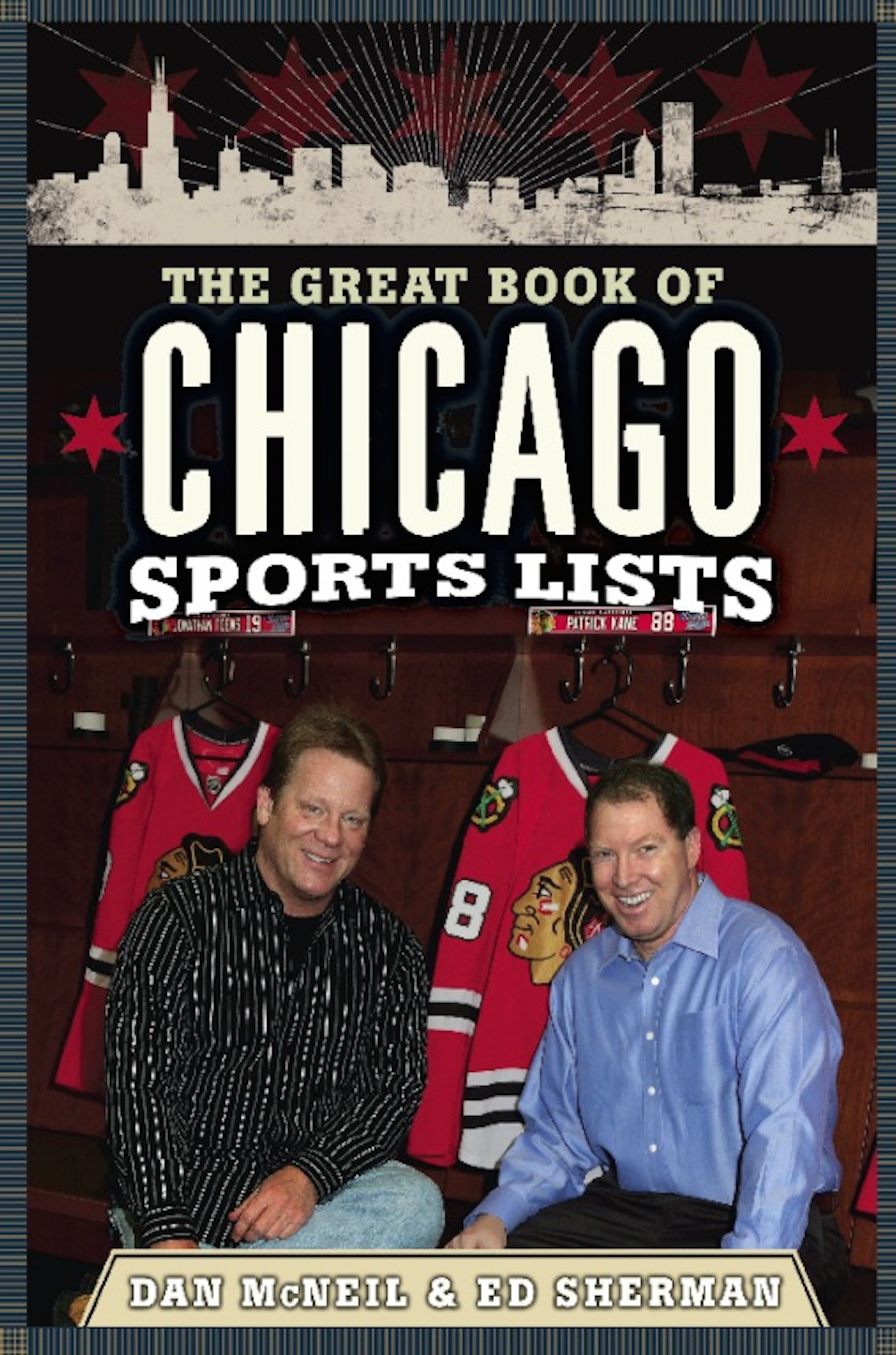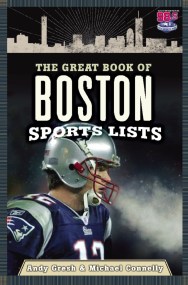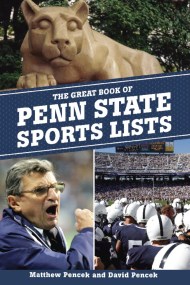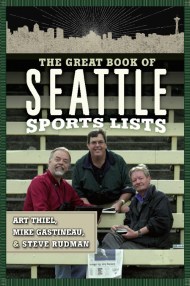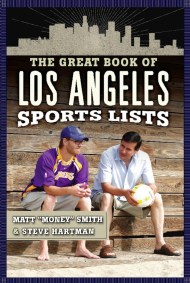Promotion
Use code MOM24 for 20% off site wide + free shipping over $45
The Great Book of Chicago Sports Lists
Contributors
By Dan McNeil
By Ed Sherman
Formats and Prices
Price
$9.99Price
$12.99 CADFormat
Format:
ebook $9.99 $12.99 CADThis item is a preorder. Your payment method will be charged immediately, and the product is expected to ship on or around September 17, 2009. This date is subject to change due to shipping delays beyond our control.
Also available from:
Genre:
- On Sale
- Sep 17, 2009
- Page Count
- 256 pages
- Publisher
- Running Press
- ISBN-13
- 9780762439232
Newsletter Signup
By clicking ‘Sign Up,’ I acknowledge that I have read and agree to Hachette Book Group’s Privacy Policy and Terms of Use
